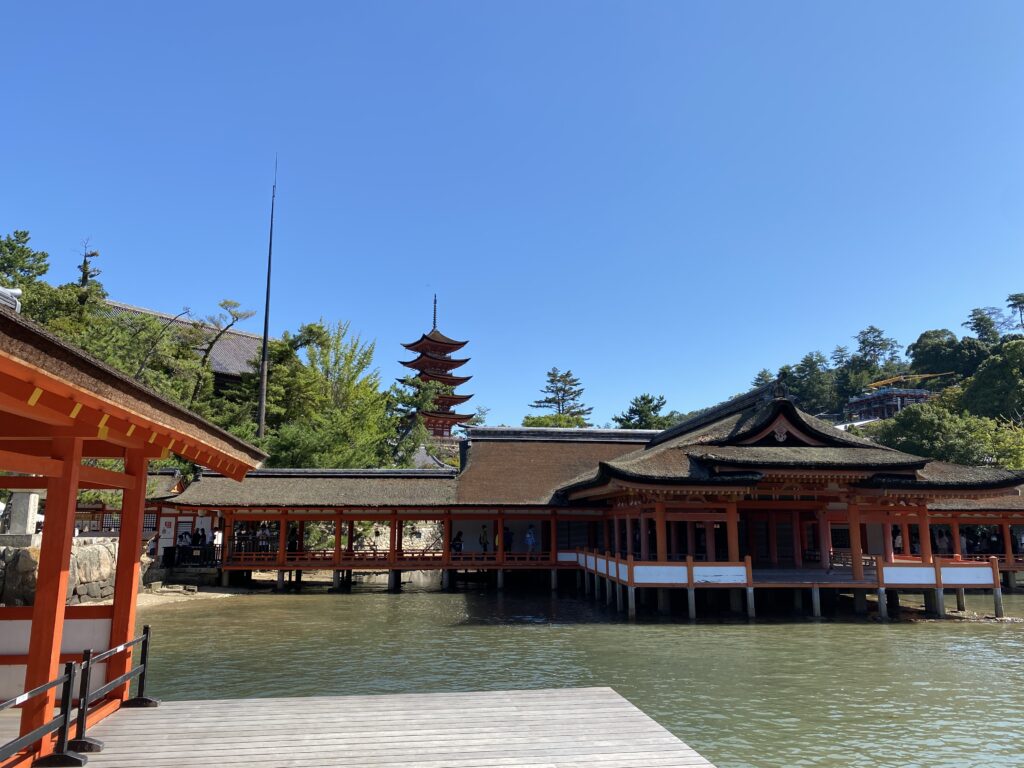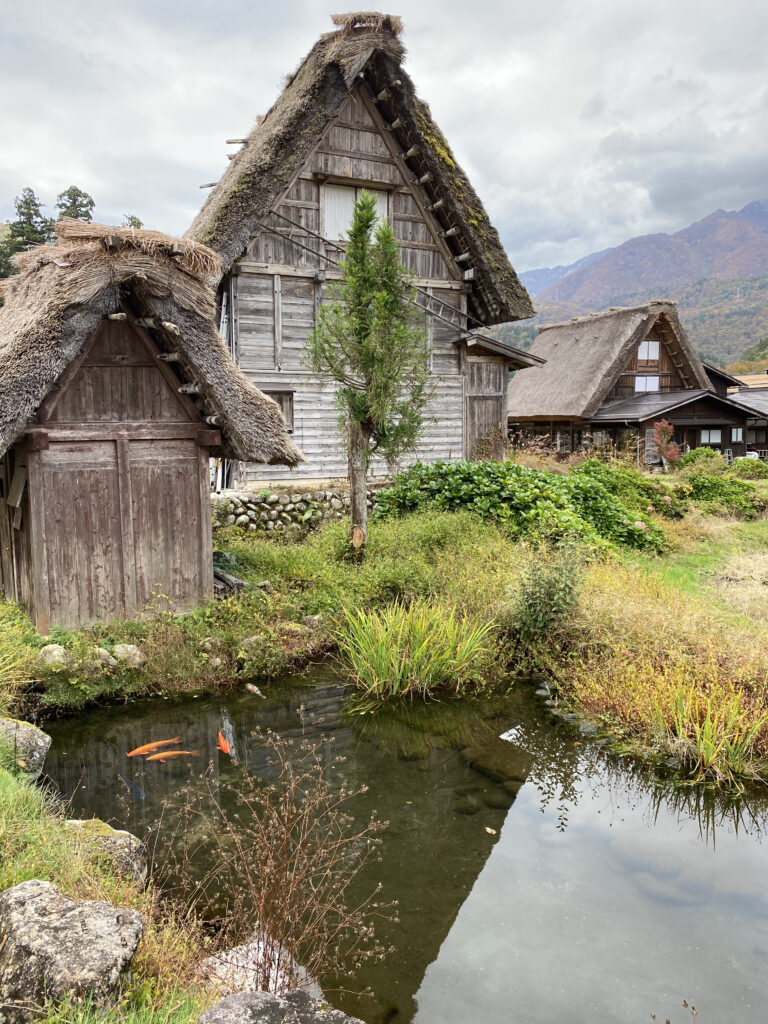A brief description of some of the research projects undertaken by the author and her colleagues. More will be added…
日本語はこちら。
Interpretation – Conservation Communication
Interpretation is an approach to communication with a pleasure-seeking audience. It is used for a variety of purposes but can particularly help people understand and appreciate the meaning and value of natural and cultural resources. Interpretation can help accomplish resource conservation.
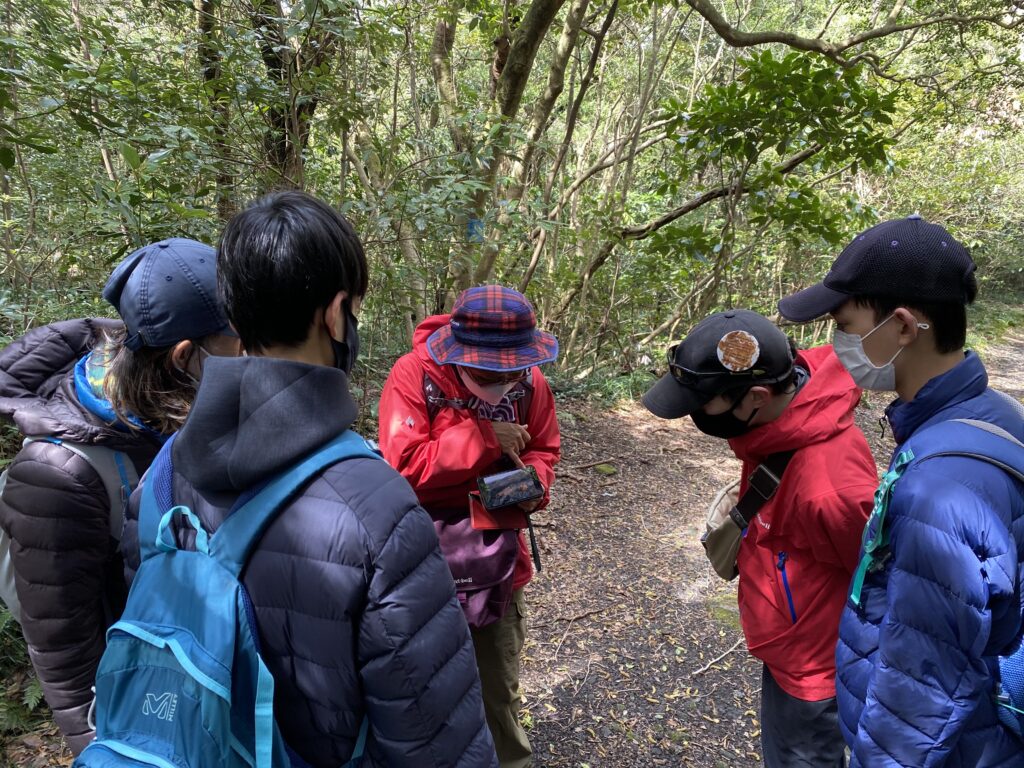
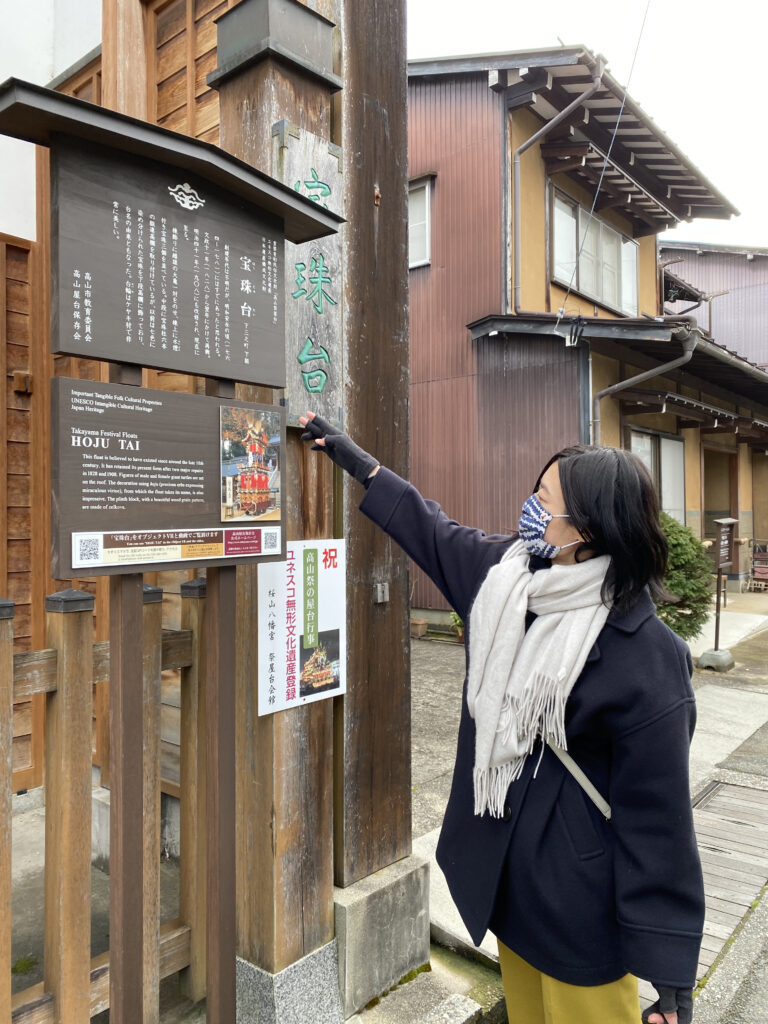
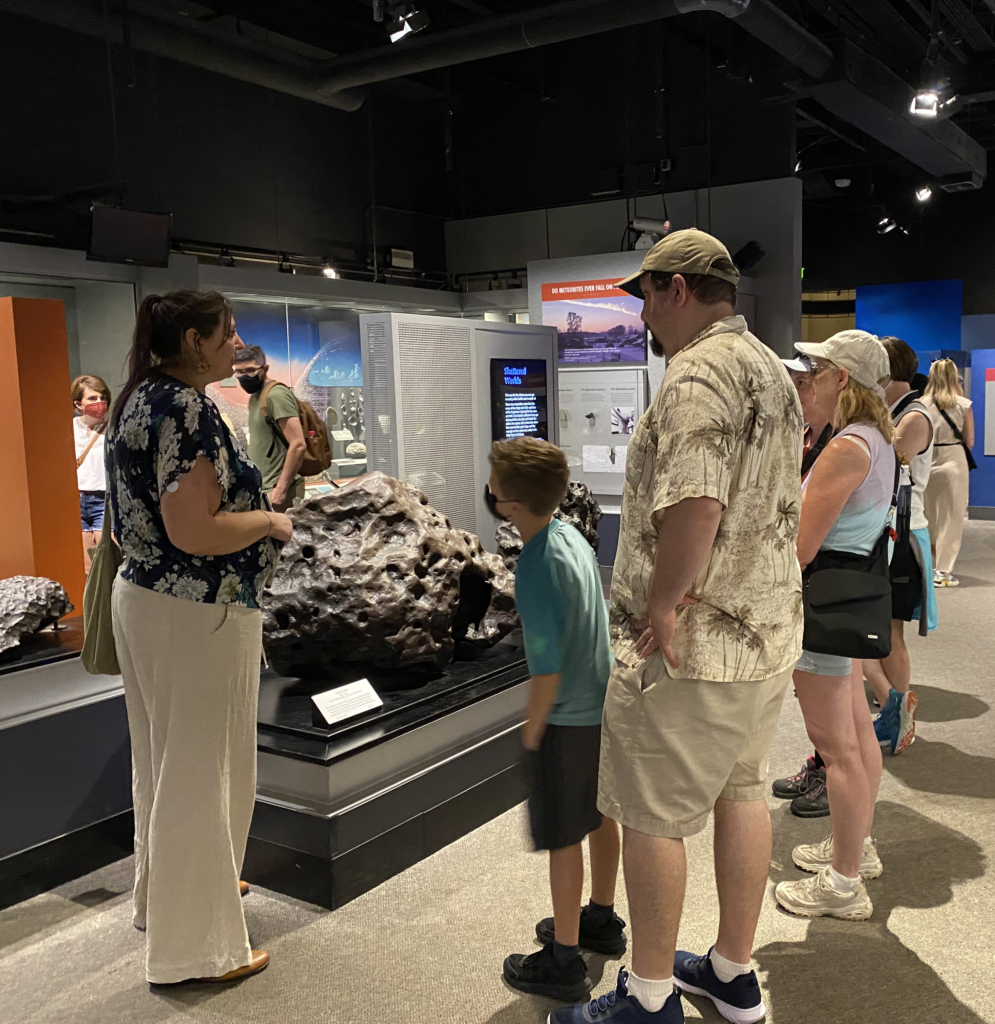
Visitor Experience
When people visit a place for recreation and tourism, they sometimes have a good time and sometimes a not-good time. Research examines what influences visitor experiences and how it influences. These experiences can be strategically enhanced or unintentionally ruined. Whether it’s onsite or online, quality experiences can be enhanced by seeing, reading, hearing, touching, smelling, or tasting something. The quality of visitor experience may partially be impacted by the visitor’s perceptions, such as authenticity.
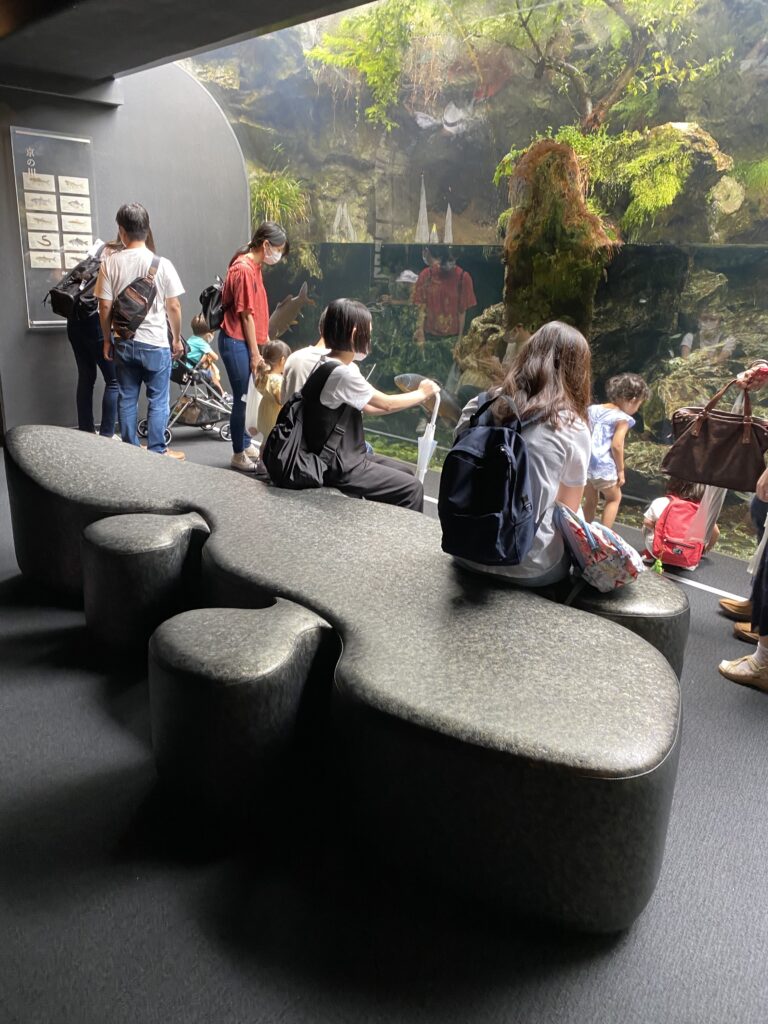
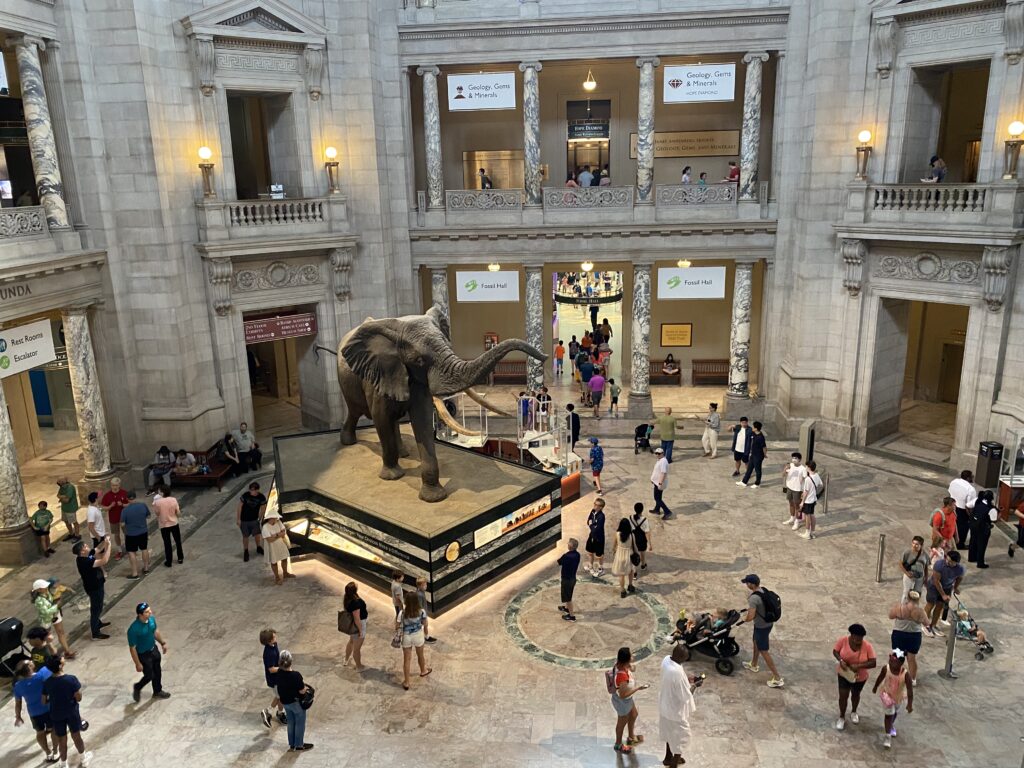
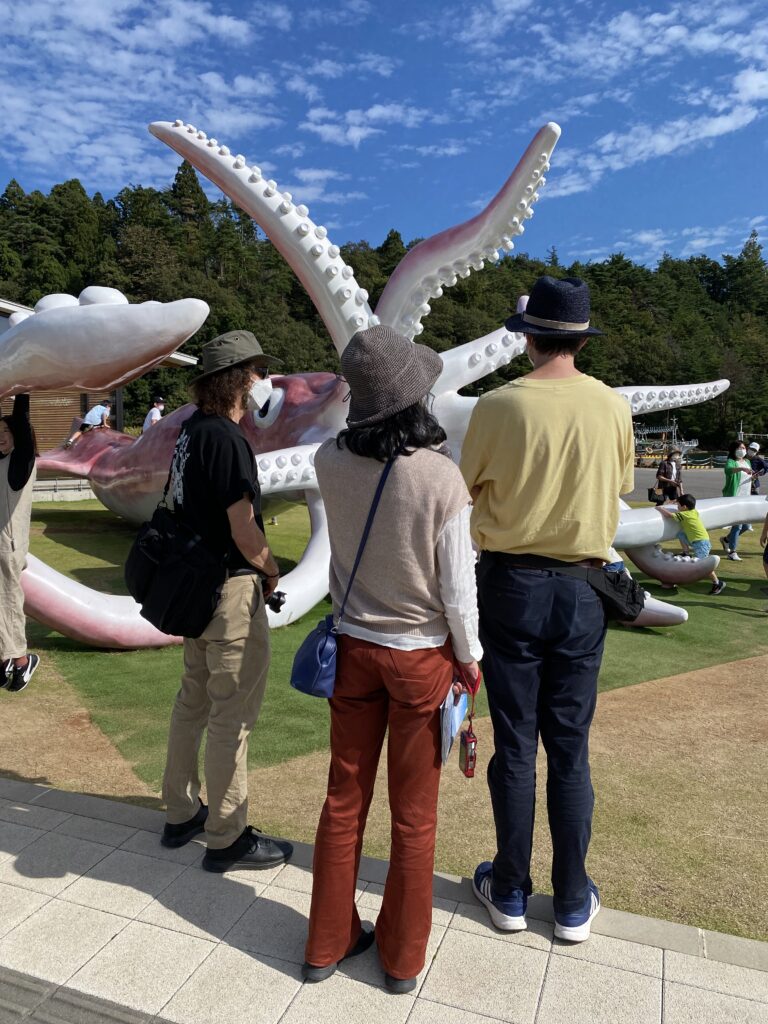
Informal Learning
We learn anytime and anywhere. Informal learning takes place where people gain new knowledge and perspectives at informal educational settings, such as museums, zoos, aquariums, historical buildings, heritage sites, nature parks, and reservations. Research investigates what contributes to informal learning.
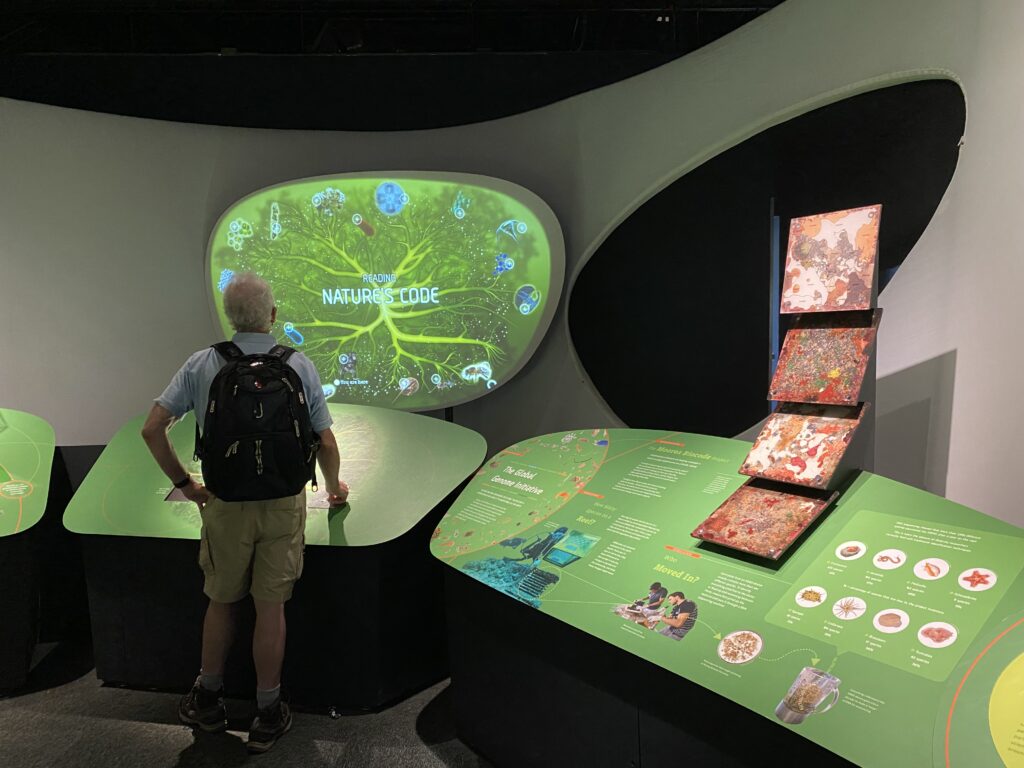
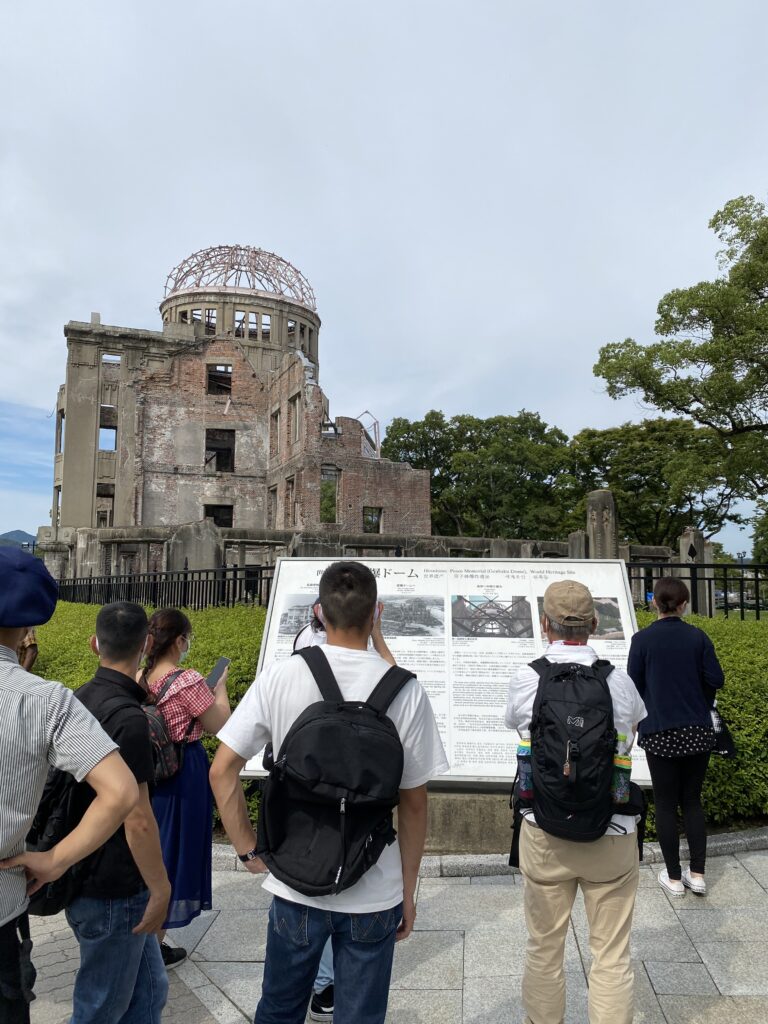
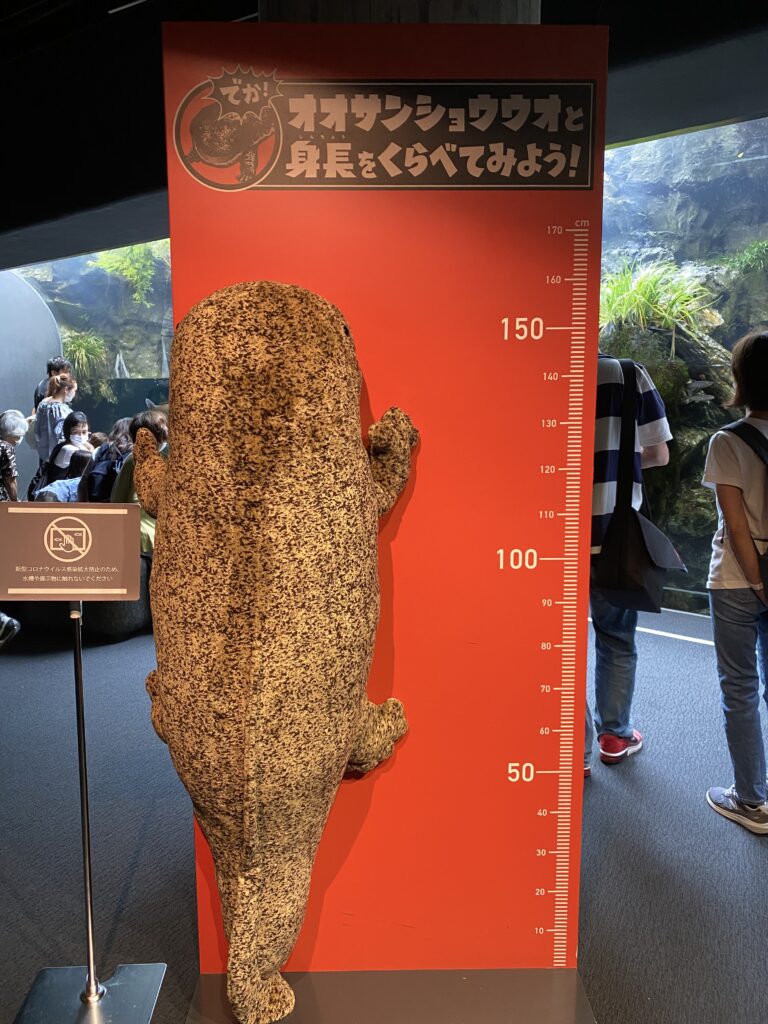
Interpreter / Tour Guide Training
Interpreters and tour guides play an indispensable role in enhancing visitor experiences and resource conservation. Their skills and knowledge can be developed through training. Research explores what skill and knowledge are needed for interpreters and tour guides and how they can be acquired in a training program.
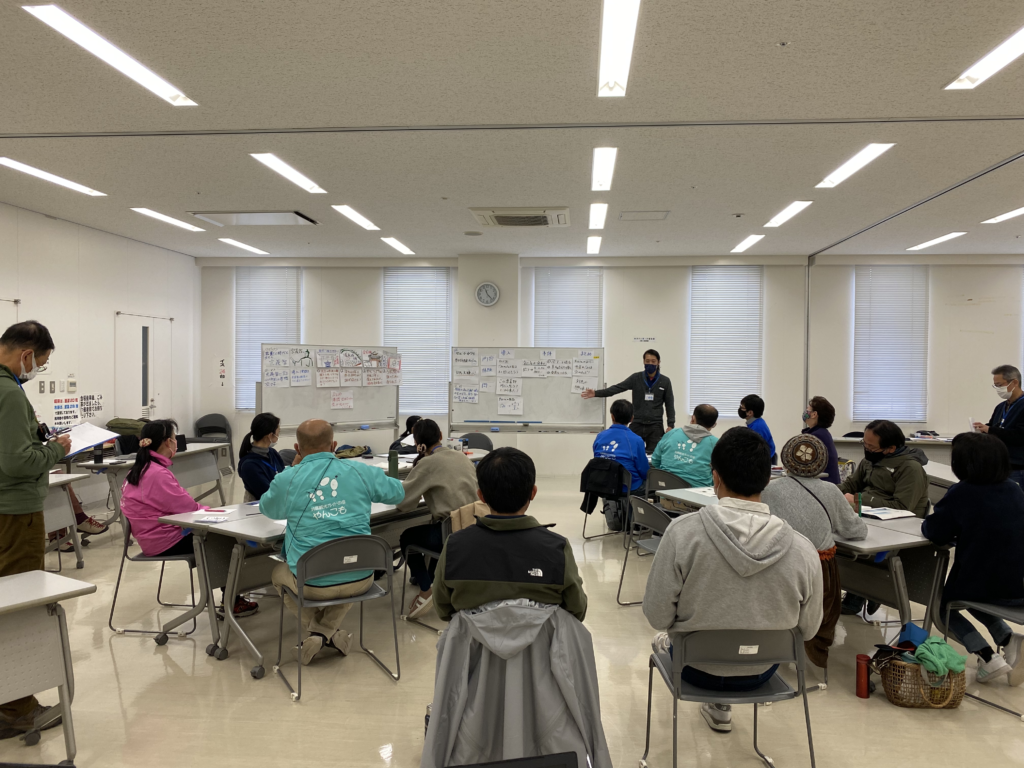
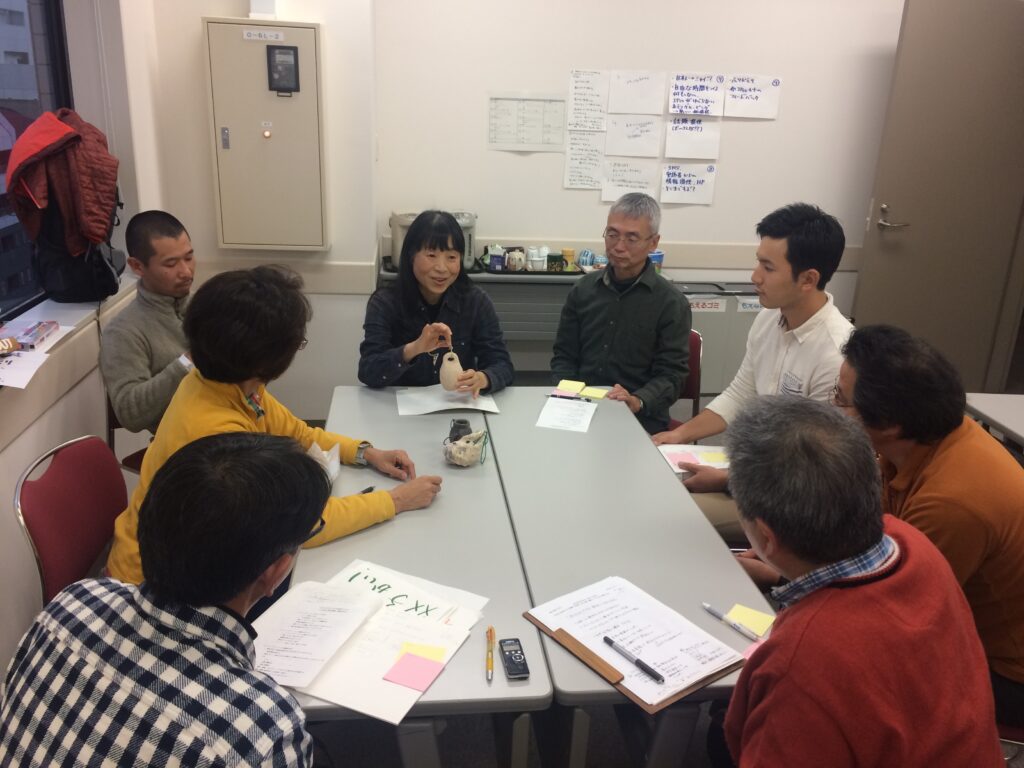

Sustainable Tourism
Tourism can contribute to sustainable societies. With a thoughtful design and approach, it can provide tourists with meaningful experiences and local people with quality of life. It contributes to conserving local natural and cultural resources.
